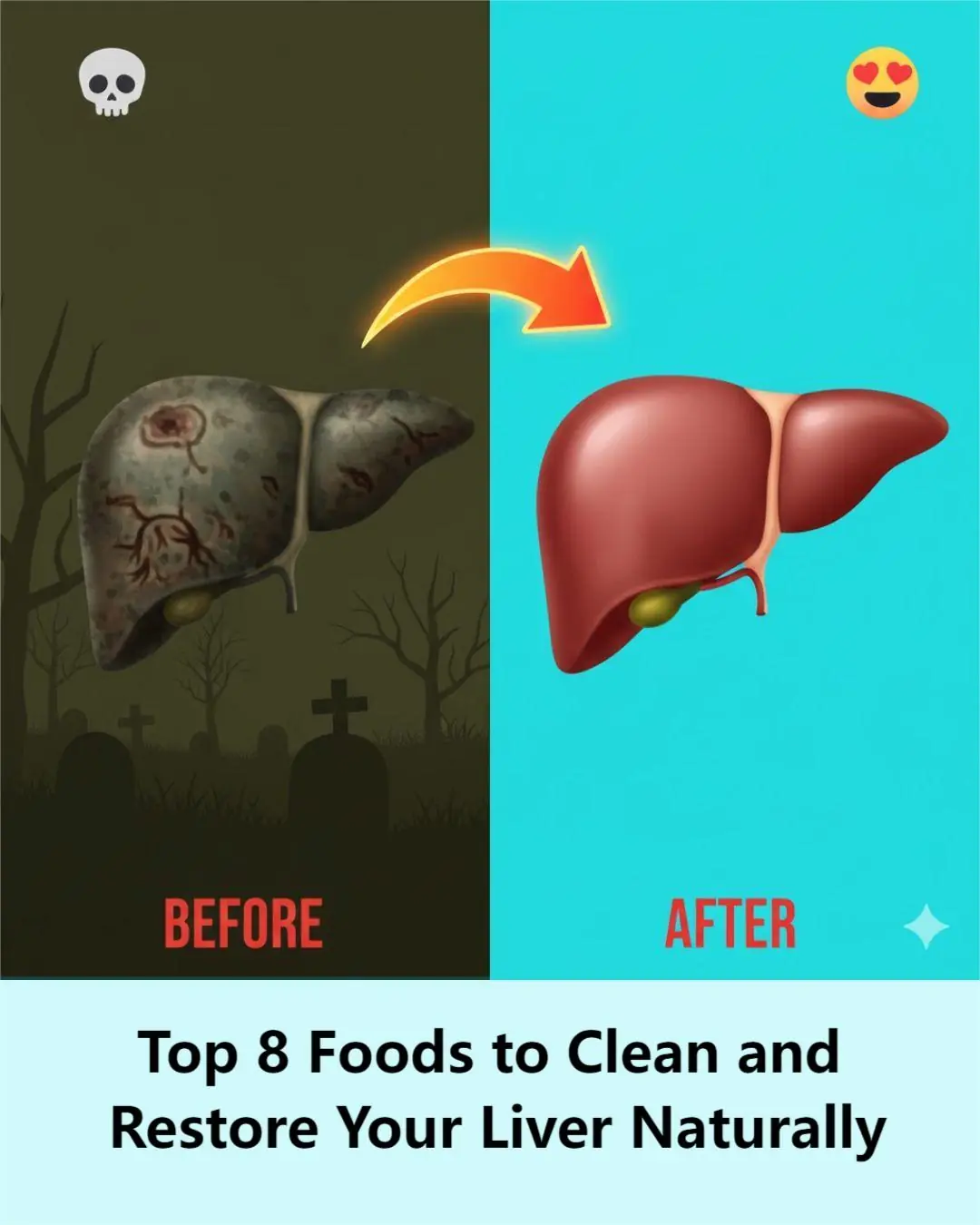
Cooking with Aluminum Foil: Why It’s Dangerous and Safer Alternatives
Cooking with aluminum foil has long been a popular kitchen hack due to its affordability, convenience, and widespread use in baking, grilling, and food storage. However, recent research has revealed serious risks associated with its use. Studies indicate that aluminum can leach into food, especially when cooking spicy or acidic dishes, which may lead to potential health concerns such as osteoporosis and Alzheimer's disease.
The dangers of aluminum don’t stop with aluminum foil. Many common kitchen tools expose us to aluminum as well. Affordable pots and pans are often made from aluminum, and many processed food containers, especially those heated in ovens, contain this metal. The Agency for Toxic Substances and Disease Registry (ATSDR) also points out that aluminum is hidden in certain medications, antacids, cosmetics, and deodorants.
While the body can eliminate small amounts of aluminum, prolonged exposure can lead to a buildup of this toxic metal, increasing the risk of long-term health problems. The ATSDR warns that cooking acidic foods in aluminum pots or using processed food containers made of aluminum can dramatically elevate aluminum intake compared to safer alternatives.
In this article, we will explore the hidden dangers of cooking with aluminum foil and the impact it can have on your health. Plus, at the end, I will share practical, healthier alternatives to aluminum foil that are not only safe but effective and easy to use. Protect your health and that of your loved ones with these simple changes.
Dangers of Cooking with Aluminum Foil
The dangers of cooking with aluminum foil arise when it is exposed to high temperatures. The heat causes aluminum to leach into the food, contaminating it. Several factors contribute to this leaching process.
A study published in the International Journal of Electrochemical Science found that aluminum foil can result in dangerously high levels of aluminum contamination in food. The study indicated that the aluminum concentration depends on factors such as the type of meat, the cooking method, cooking temperature, and whether fruits and vegetables are added.
For example, red meats cooked for 40 minutes at 400°F (205°C) had nearly 380% more aluminum contamination than before cooking. Poultry, especially the breast meat, showed over 200% more aluminum than before cooking.
Additionally, the study found that acidic foods increase the leaching of aluminum. Foods containing lemon juice or tomato juice, such as in marinades, led to greater aluminum contamination.
The study's author, Ghada Bassioni, head of the Chemistry Division at Ain Shams University, concluded that aluminum foil is unsuitable for cooking, especially with acidic foods.
Similar leaching has been observed with aluminum pots and pans. Two researchers from the same study found that cooking in aluminum cookware also resulted in high levels of aluminum in the food, especially when salt or citric acid was present.
Dangers of Aluminum in the Body
Aluminum is a naturally occurring metal found in the earth, and we are all exposed to small amounts of it from the air, food, water, and soil. According to the World Health Organization (WHO), the acceptable daily intake of aluminum should not exceed 1 mg per kg of body weight. On average, we consume about 9 mg of aluminum per day through food.
However, is aluminum contamination in the body something to worry about?
Professor Bassioni asserts that cooking with aluminum foil can lead to aluminum levels in food that exceed acceptable limits set by the WHO.
The ATSDR warns that aluminum toxicity can have serious health effects. It has been linked to decreased brain function, Alzheimer’s disease, and bone-related diseases.
Aluminum’s Effect on Brain Function
Numerous studies have shown that elevated levels of aluminum can negatively impact brain function. Prolonged exposure can lead to memory problems, learning difficulties, central nervous system disorders, Parkinson’s disease, and Alzheimer's disease.
The International Journal of Alzheimer’s Disease investigated the link between aluminum and Alzheimer's and found that people with Alzheimer's disease had elevated levels of aluminum in their brain cells. The journal reported that aluminum can enter the bloodstream through the gastrointestinal tract and reach the brain, where it causes severe health issues, particularly in infants, the elderly, and individuals with kidney disease.
Another study published in Neurotoxicology highlighted that aluminum exposure leads to behavioral, neuropathological, and neurochemical changes in the brain. The researchers recommended avoiding aluminum exposure when possible.
Aluminum’s Link to Osteoporosis
Aluminum has also been linked to bone problems such as osteoporosis. Calcium is essential for strong bones, particularly as we age, but aluminum seems to interfere with the body’s ability to absorb calcium properly.
The Journal of the American College of Nutrition found that aluminum in antacids interfered with calcium metabolism, preventing the body from absorbing essential minerals like calcium and fluoride. This calcium deficiency contributes to bone loss and osteoporosis.
A study from Norway found that areas with high levels of aluminum, lead, and cadmium in drinking water saw higher rates of hip fractures due to brittle bones.
Should You Be Concerned?
Despite the risks associated with aluminum exposure, some sources downplay the health concerns, suggesting that more research is needed and that the amounts of aluminum ingested are relatively small.
However, as Professor Bassioni noted, aluminum use is on the rise. It’s found in processed foods, used for heating them, present in antacids, and even in drinking water purification. The body can eliminate small amounts of aluminum, but with the increasing use of aluminum in food preparation, it may be wise to limit unnecessary exposure to this toxic metal.
Many people are making the switch to safer alternatives, avoiding aluminum foil in cooking for a healthier, more sustainable approach.
Ditching Aluminum Foil: Healthier, Smarter Cooking Alternatives
Avoiding the risks of aluminum foil is easier than you think! While aluminum foil gained popularity due to its low cost and convenience, the health risks of aluminum leaching during cooking make it worth exploring healthier options. Here’s how you can protect your health while still enjoying your favorite meals.
Parchment Paper
Try replacing foil with parchment paper, especially for baking or roasting. It’s non-stick, keeps food moist, and doesn’t leach harmful substances. It’s perfect for wrapping fish, roasting vegetables, or lining trays for mess-free cooking.
Glass or Ceramic Bakeware
Glass and ceramic dishes are reusable and non-reactive, making them ideal for roasting and baking. They distribute heat evenly and are safe for acidic or salty foods. Plus, they’re stylish and sustainable additions to any kitchen.
Stainless Steel or Cast Iron Pans
Switching to stainless steel or cast iron cookware is one of the best ways to avoid aluminum exposure. These materials are durable, non-toxic, and versatile. If you can’t replace all your aluminum pans, consider boiling new aluminum pans several times in water until the surface turns matte, creating a protective layer that reduces leaching.
Silicone Baking Mats
These heat-resistant, reusable mats are a game-changer for baking. Non-stick and easy to clean, they’re perfect for cookies, pastries, or roasted vegetables. Say goodbye to single-use foil!
Banana Leaves or Corn Husks
For a natural, flavorful twist, try banana leaves or corn husks. They’re great for steaming or grilling, adding an earthy aroma to your dishes while keeping them wrapped and protected.
Cast Iron Cookware
Cast iron skillets and Dutch ovens offer a natural non-stick surface and rustic charm that’s hard to beat. They’re perfect for baking, roasting, and more.
Beeswax Wraps (for Cold Foods)
While not suitable for oven use, beeswax wraps are great for storing leftovers or wrapping cold items. They’re an eco-friendly way to reduce your reliance on plastic wrap or aluminum foil.
Additional Tips to Minimize Aluminum Exposure
-
Avoid using aluminum containers for heating processed foods and opt for stainless steel or iron pans.
-
Limit the use of aluminum foil to storing cold food, and minimize storage time.
-
Replace aluminum cookware with high-quality stainless steel pans wherever possible.
By making these small but impactful changes, you can reduce your aluminum exposure while still enjoying delicious and safe meals. Many of these alternatives are reusable, eco-friendly, and beneficial for both your health and the environment.
News in the same category


Fibromyalgia: The Hidden Energy Crisis Behind Your Pain, Fatigue, and Sleepless Nights

The 11 surprising baking soda uses that actually have science behind them

Common pain meds trick doctors into heart failure misdiagnosis

Top 6 Nutrients To Reduce Knee Osteoarthritis Pain

Could your toes be warning you about your lifespan? Foot expert explains

Could your morning orange juice be supporting your heart more than you think?

Top 10 Signs of Kidney Problems You ABSOLUTELY Must Be Aware Of…

Chronic Insomnia: When Sleeplessness Becomes a Serious Health Issue

Chronic Bronchitis: Causes, Symptoms, and Home Care Tips

Irritable Bowel Syndrome (IBS): What Makes the Condition Worse?
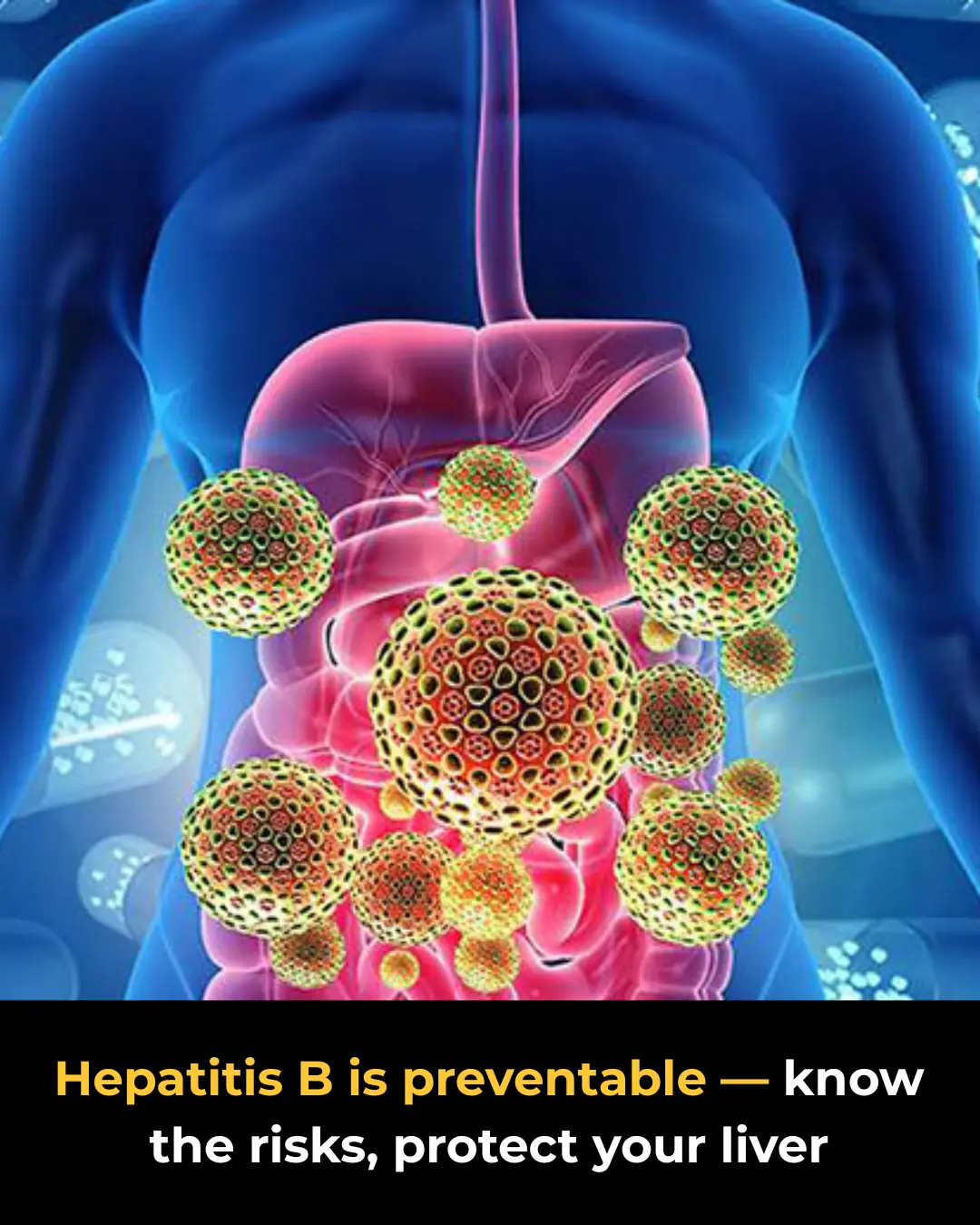
Hepatitis B: High-Risk Groups and Prevention Measures
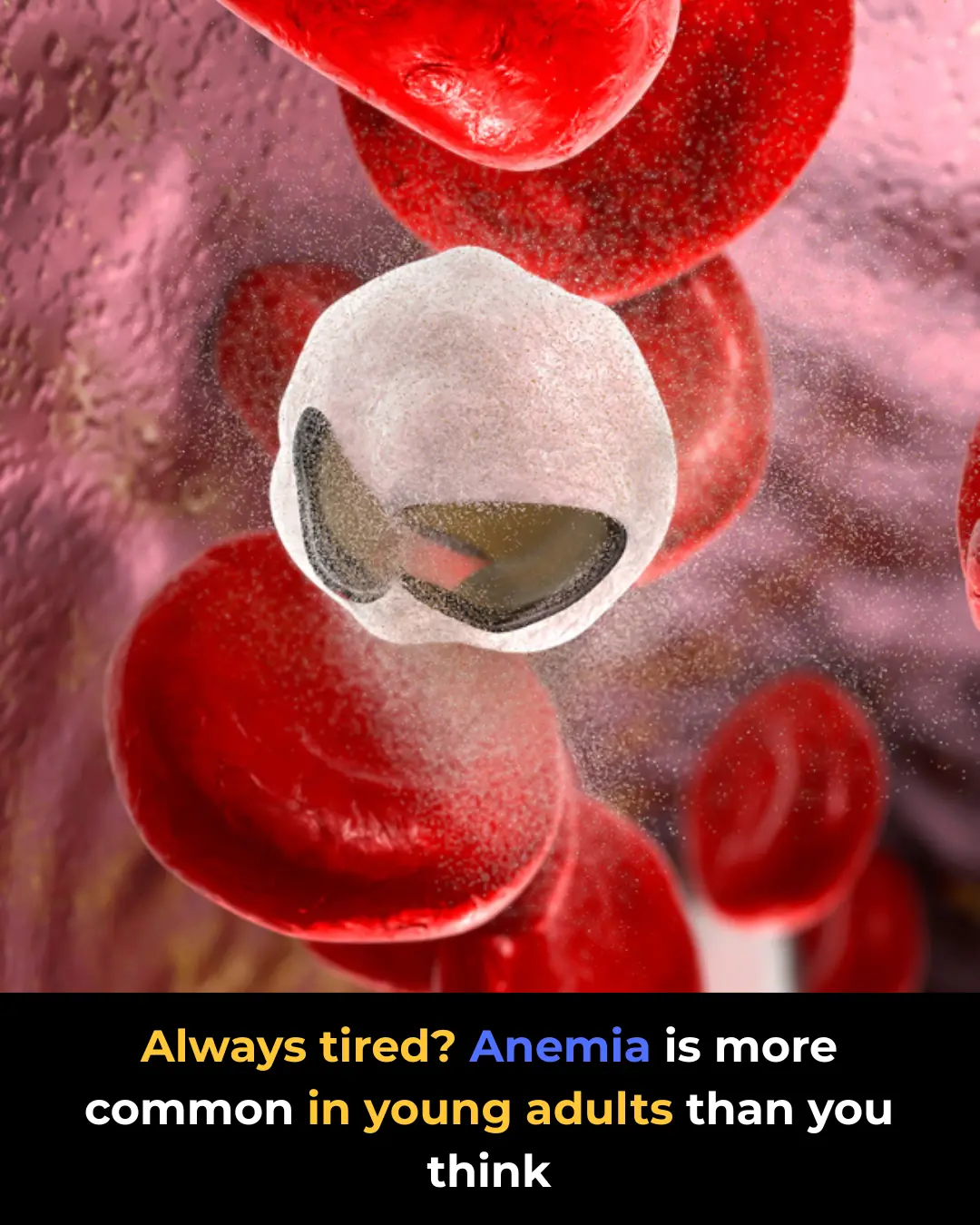
Anemia in Young Adults: Common Causes and How to Treat It

Anxiety Disorder: Psychological Signs People Often Misunderstand

Seven Days Without Sugar Changes Your Body in Ways You Never Expected

All It Takes Is One Boiled Egg To Control Sugar Levels In The Blood

Cucumber water regenerates joints and nourishes your brain and 8 other benefits for your health

The Surprising Benefits of Foot Massages
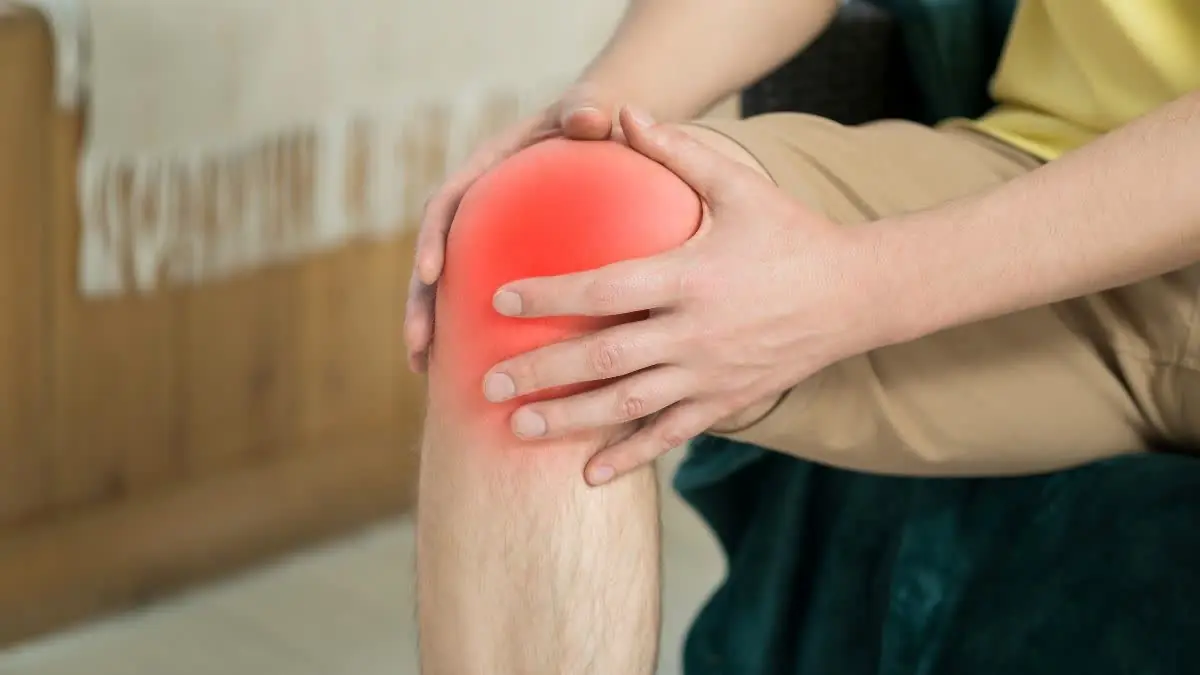
Natural Home Remedies That Eliminate Muscle Pain Quickly

Nobody Told You This Vitamin Deficiency Might Be Behind Your Migraines
News Post

CCF Tea to Burn Belly Fat
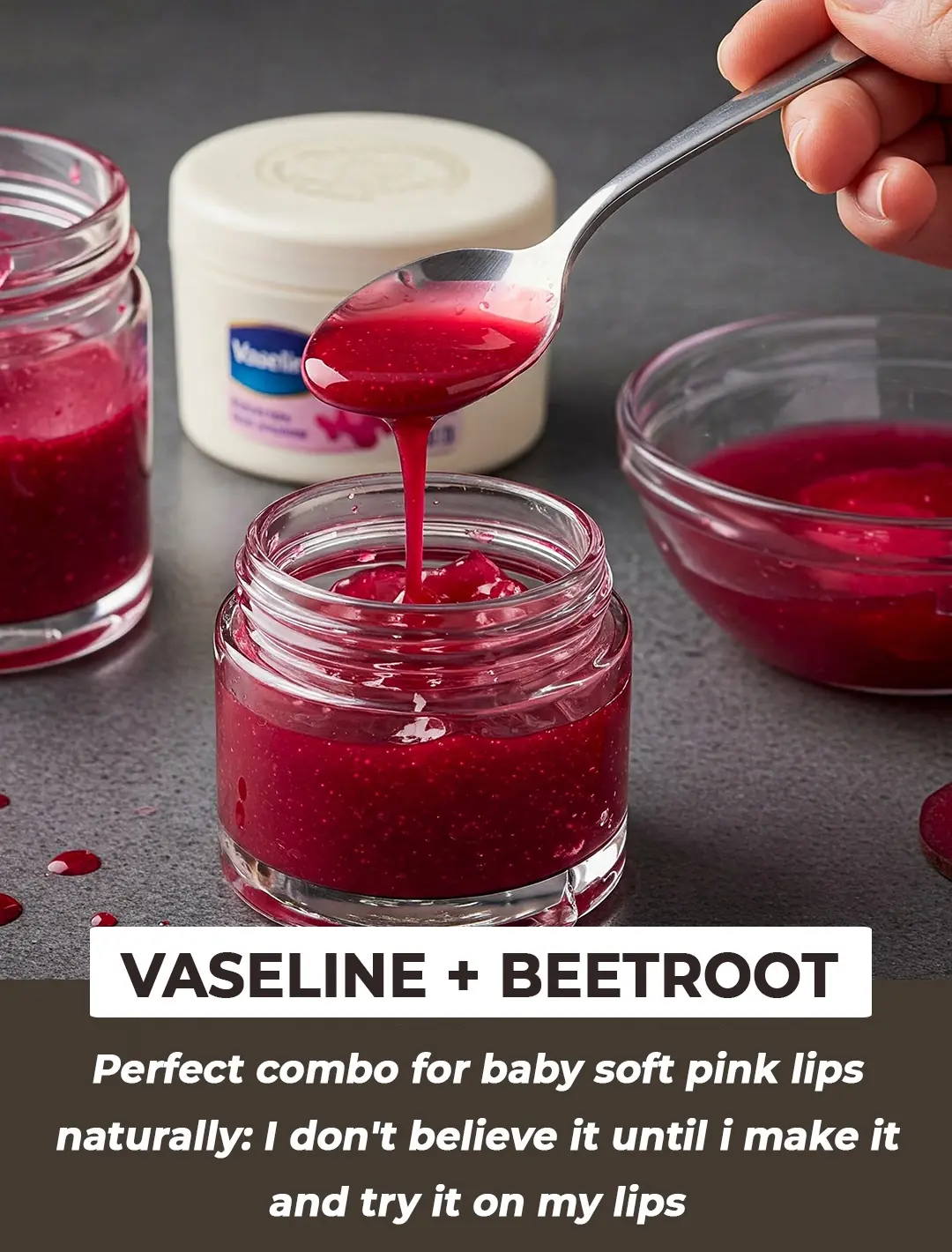
DIY Lip Balm with Vaseline and Beetroot: A Natural, Moisturizing Solution for Soft, Pink Lips

Coffee Gel For Eye Wrinkles
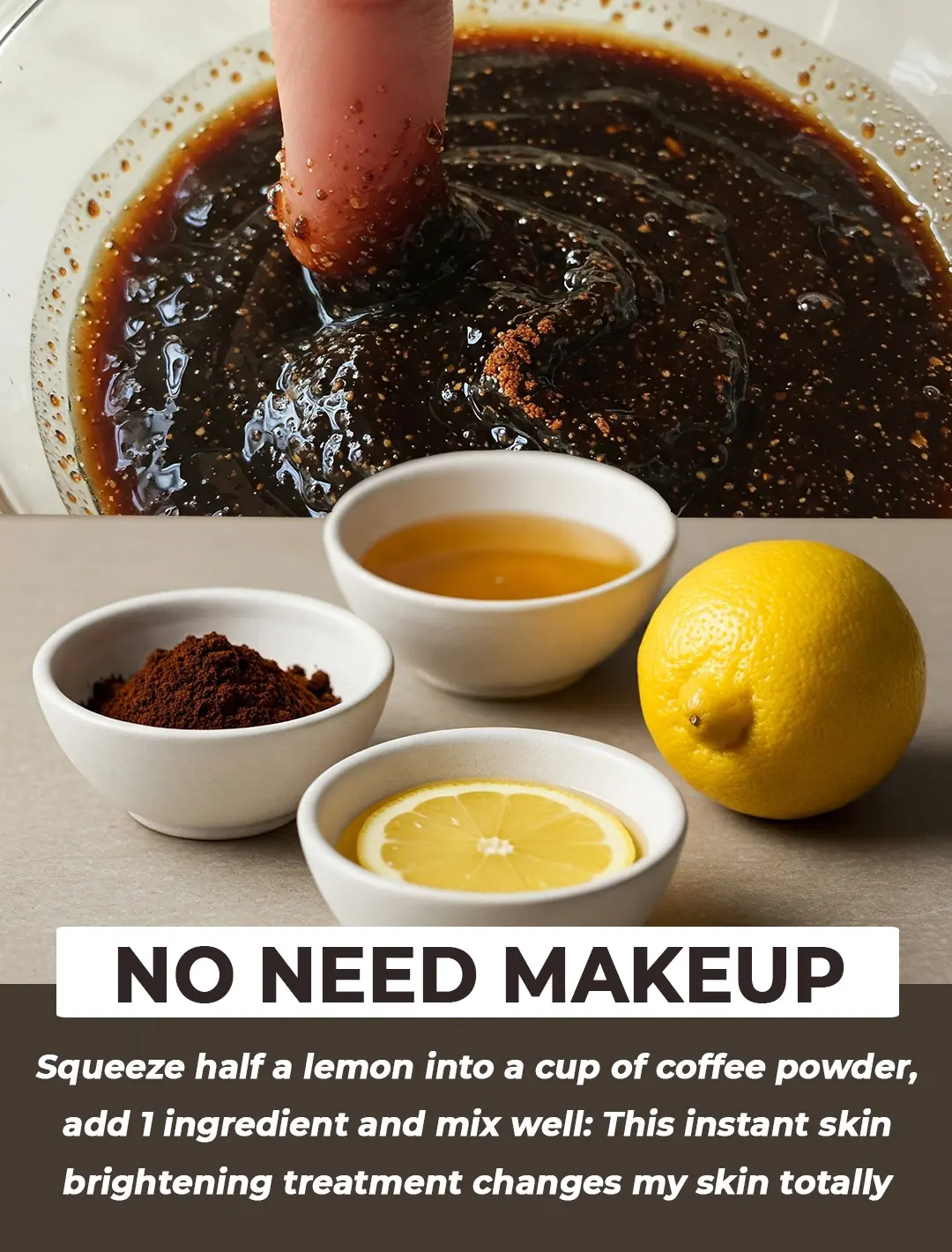
Coffee For Instant Skin Brightening

Japanese 4 Steps Glow Secret

30 minutes treatment for dark lips

How to Make a DIY Aloe Vera Night Cream for Glowing Skin
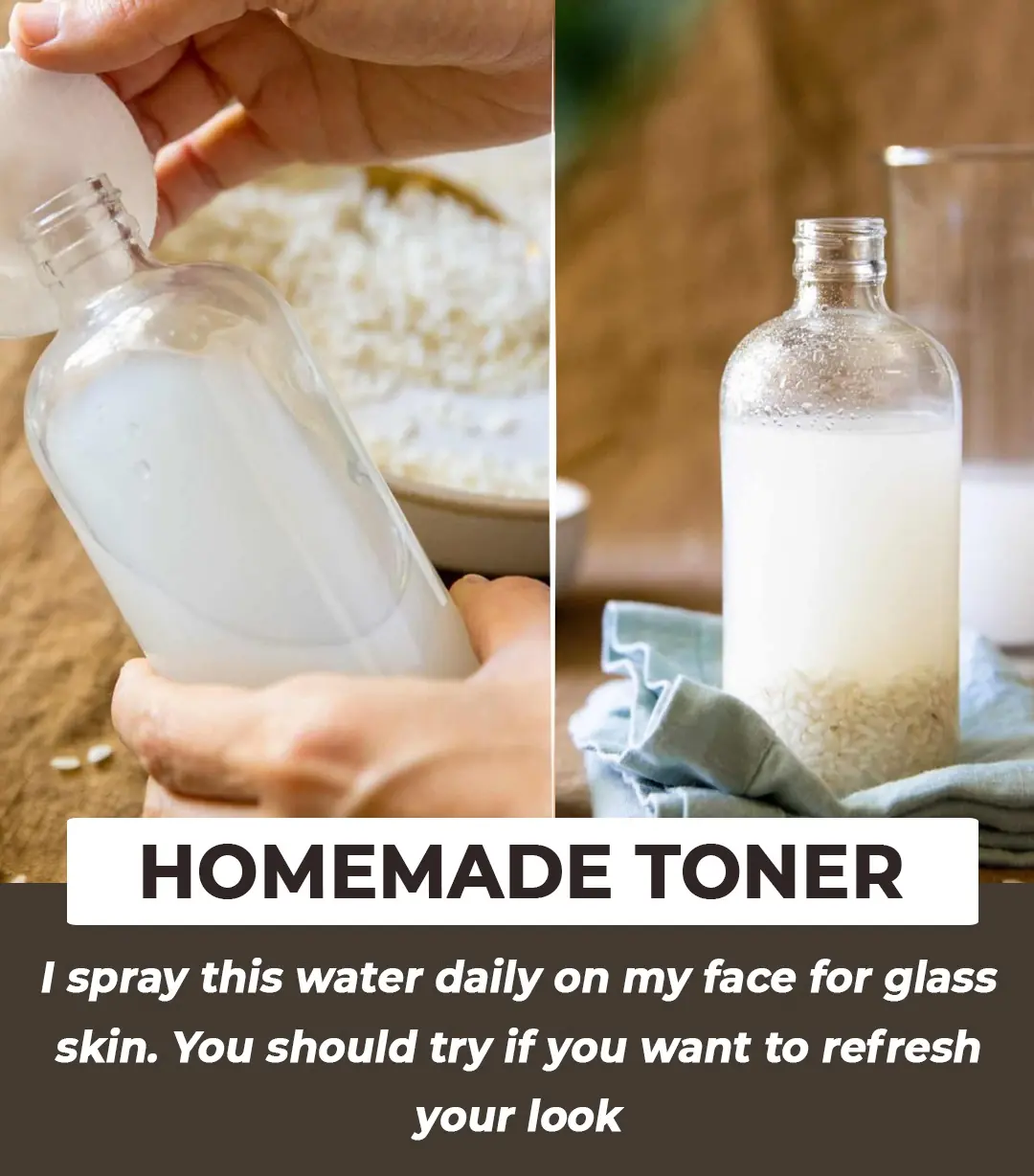
Rice Water Toner To Get Skin That Shines Like Diamond
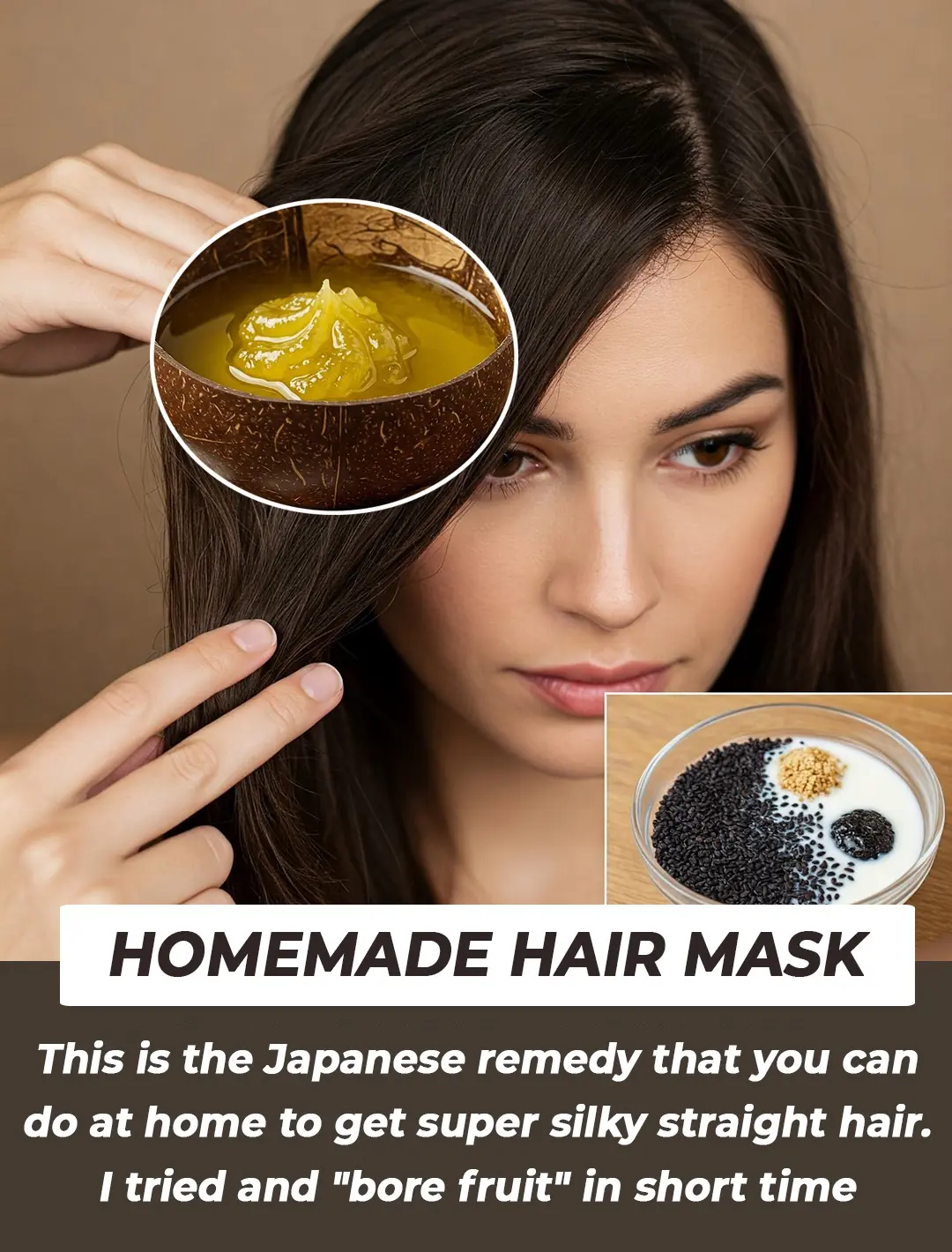
Salon like Keratin Treatment at Home

Experts reveal the top 7 Shampoos to tackle hair loss effectively

10 Surprising Beauty Hacks You Never Thought You Could Do With Baby Powder

DIY Night Serum For Radiant Skin

Top 8 Foods to Clean and Restore Your Liver Naturally
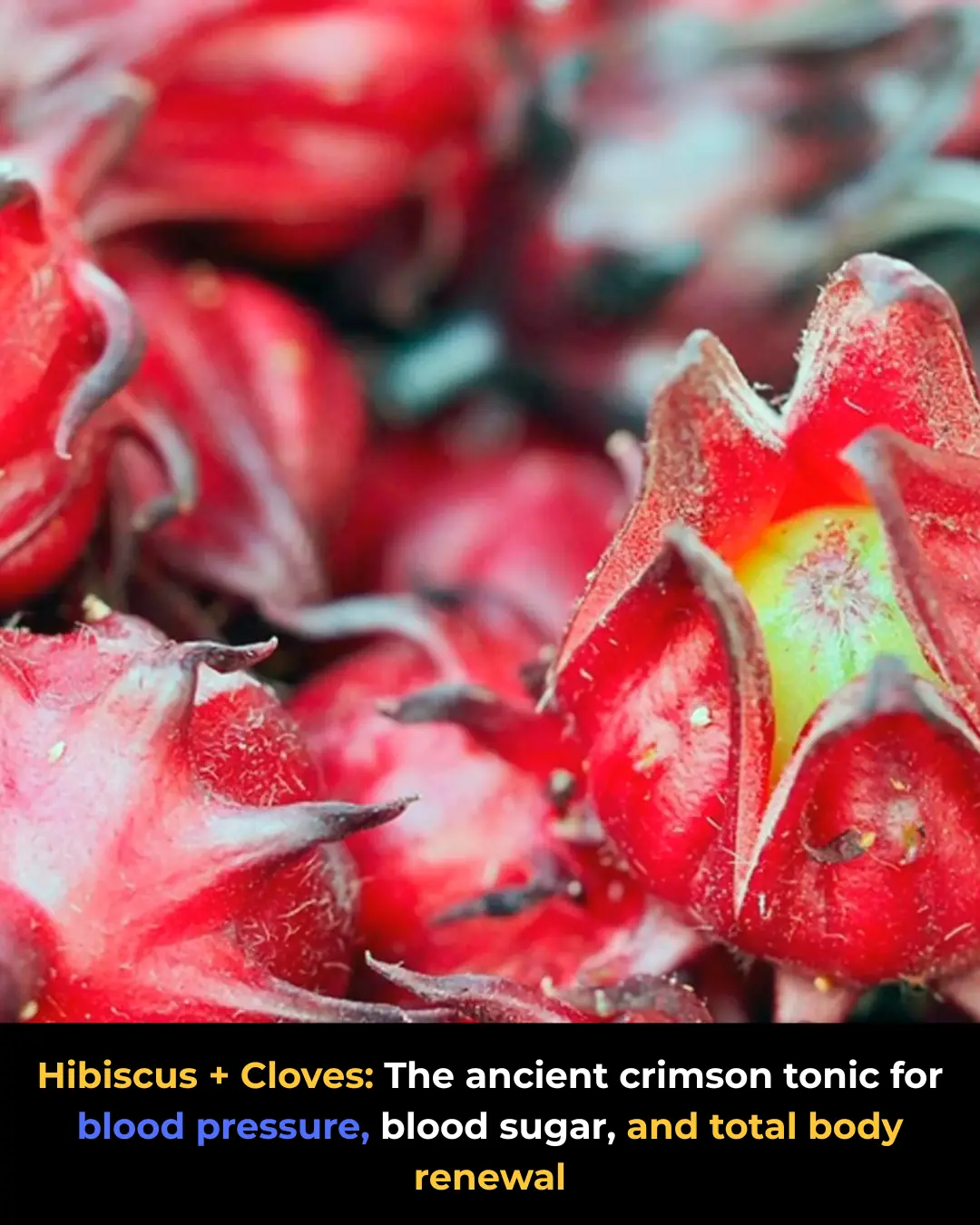
The Ancient Secret Seed That Revolutionized Wellness: Unlocking the Power of Hibiscus and Cloves
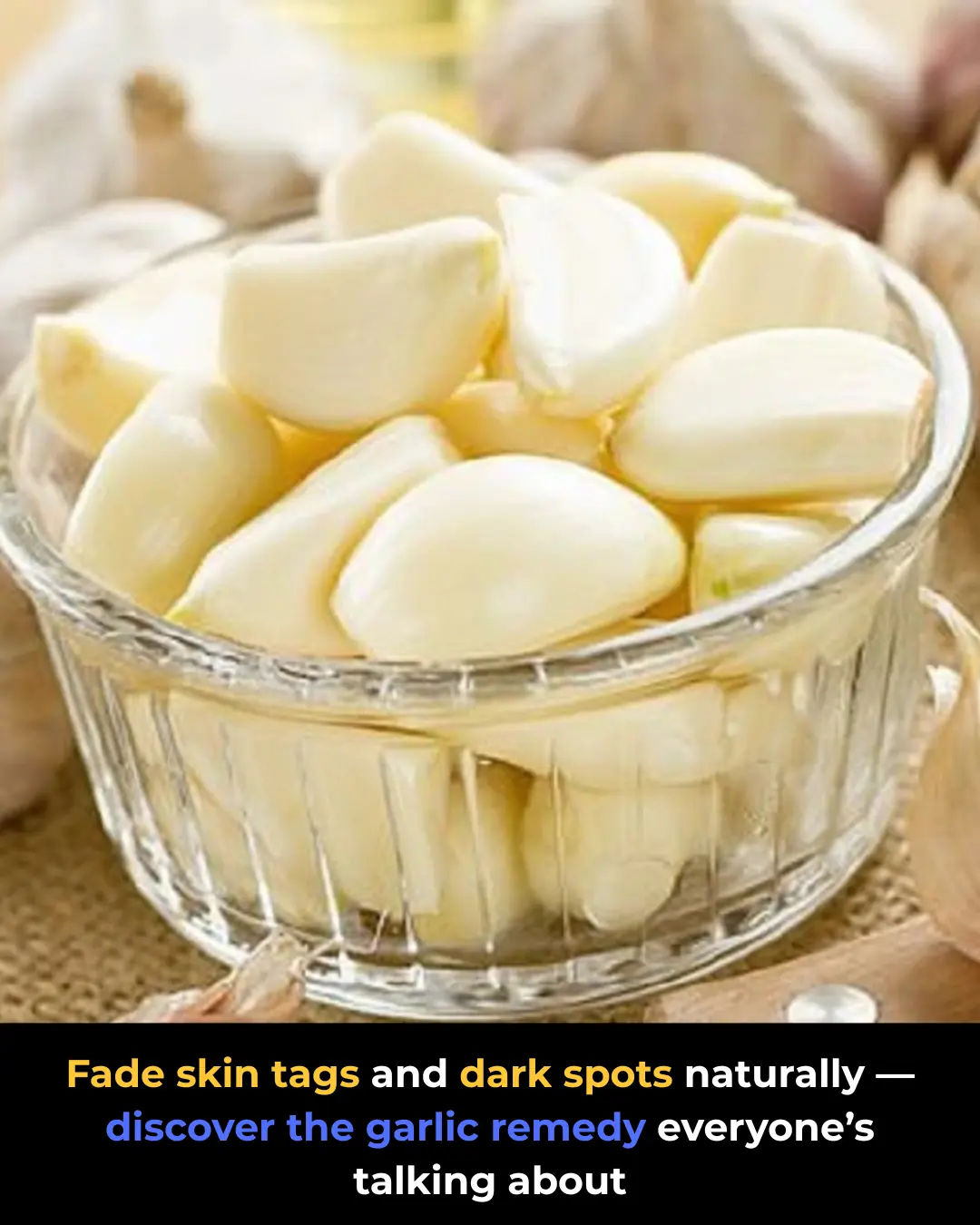
Garlic Remedy for Removing Moles and Skin Tags Naturally: What Works and What to Know

Fibromyalgia: The Hidden Energy Crisis Behind Your Pain, Fatigue, and Sleepless Nights

The Hidden Oil That Sparks Her Desire and Rekindles Your Marriage
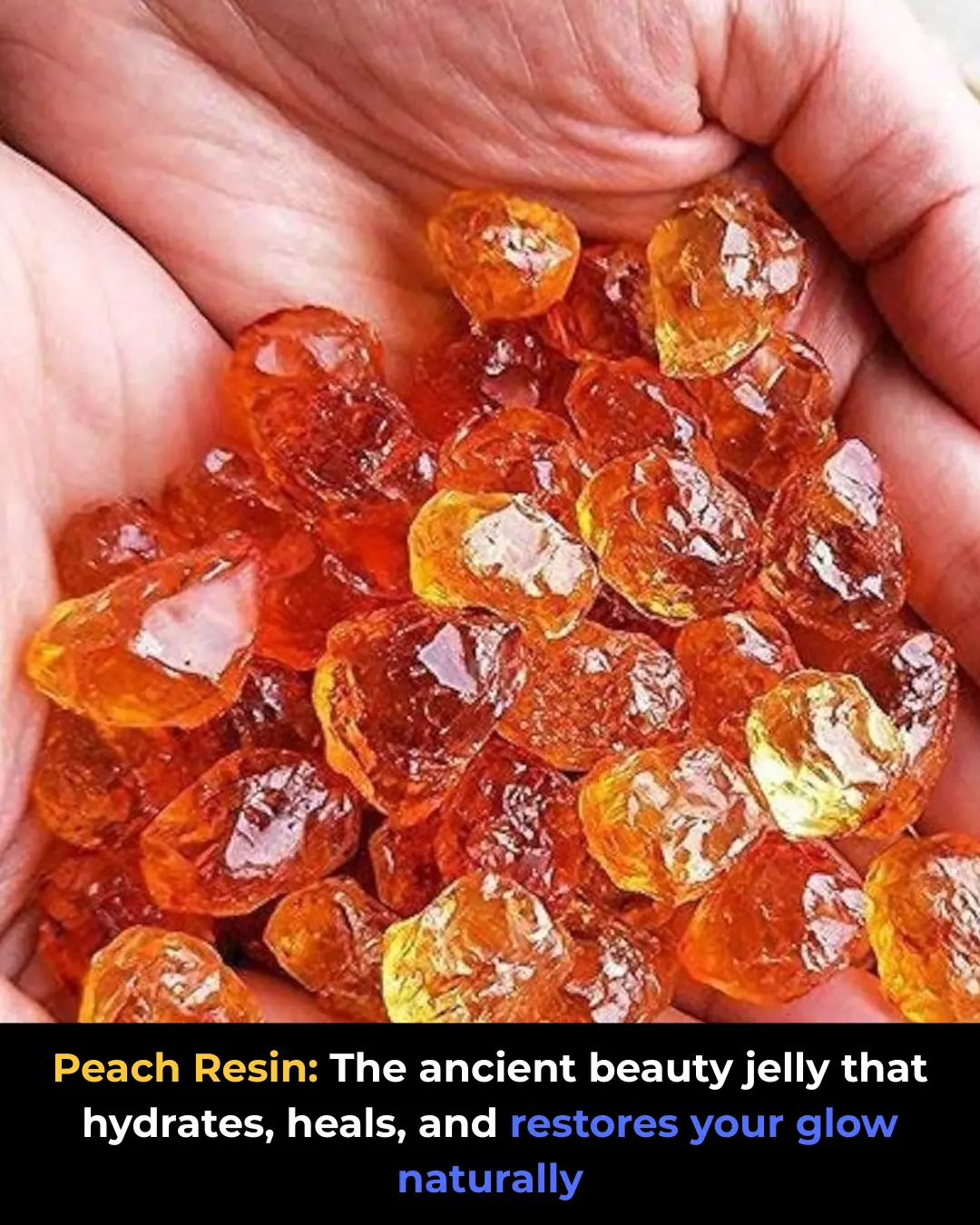
Unlock the Ancient Secret of Peach Tree Resin: 15 Life-Changing Benefits You’ll Wish You Knew Sooner
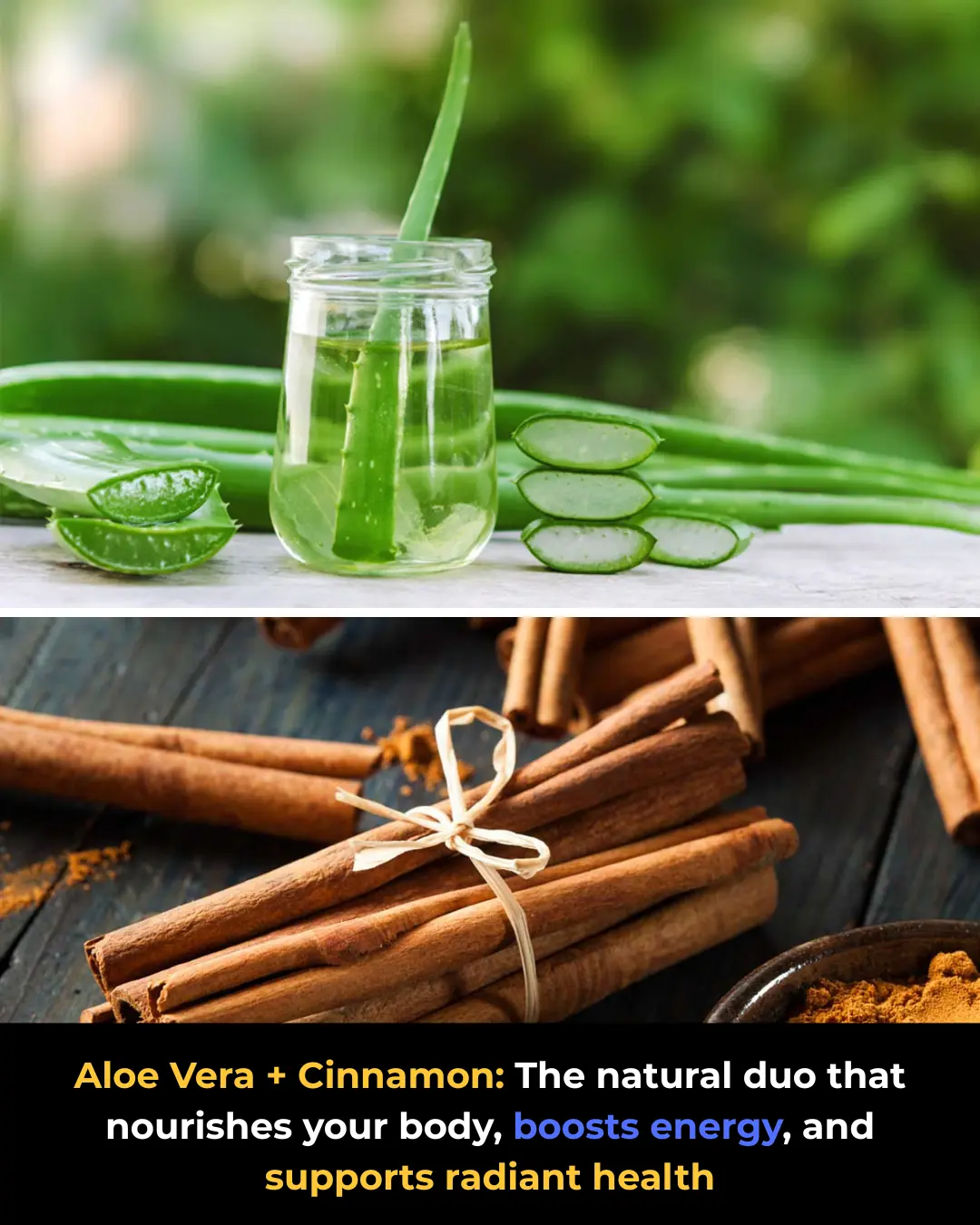
Aloe Vera & Cinnamon: The Traditional Duo That Naturally Supports Your Health, Vitality, and Vision
